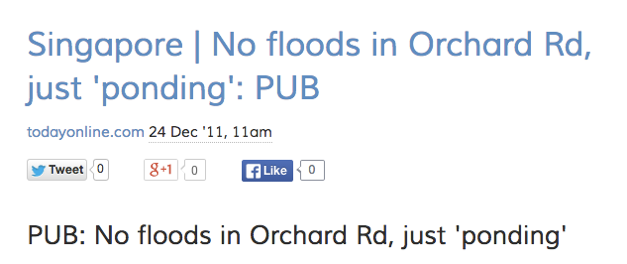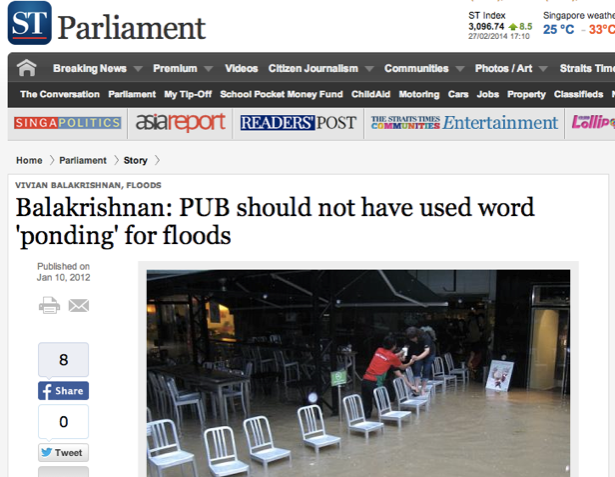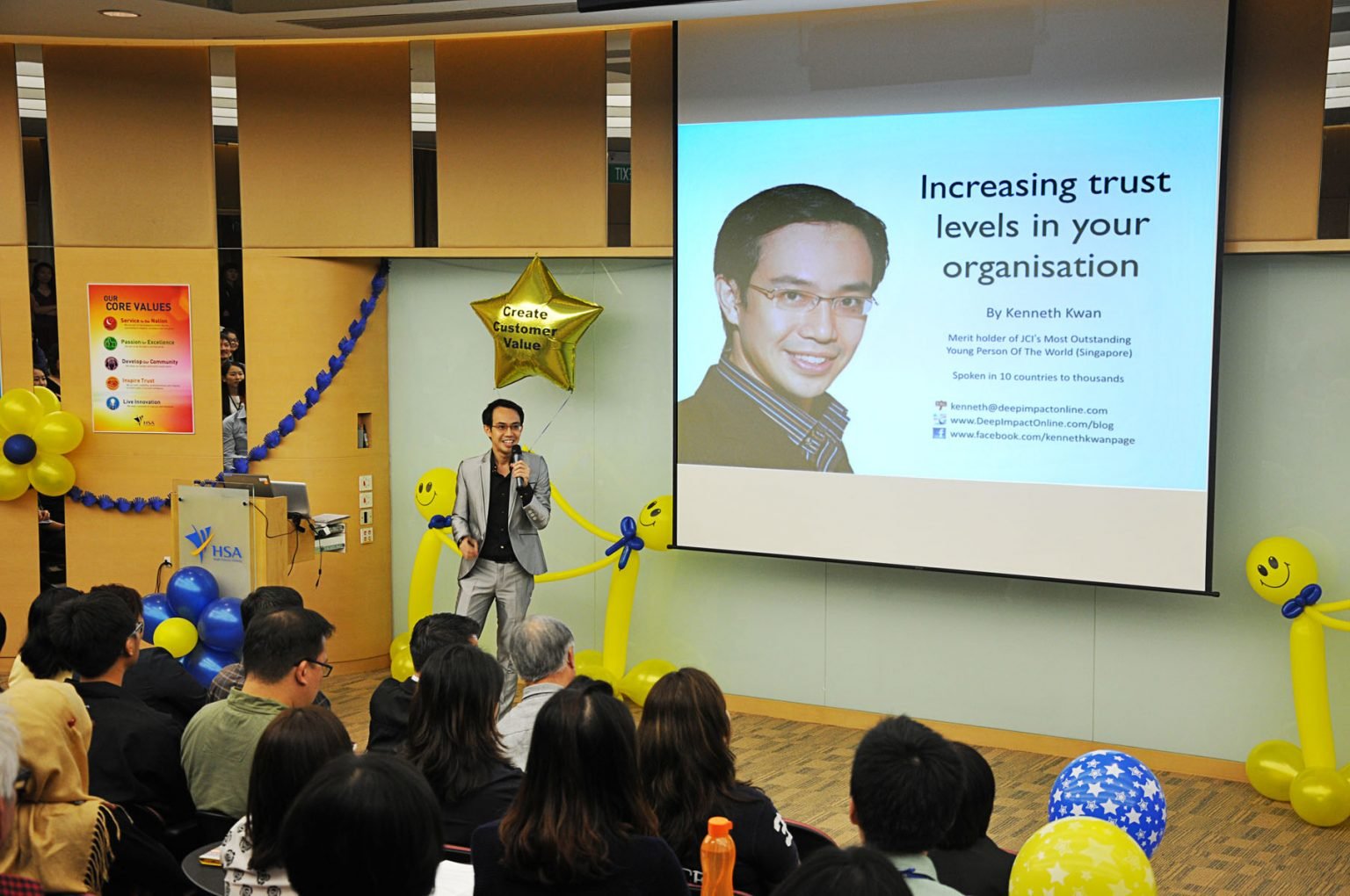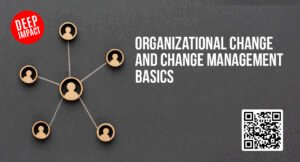I was invited in as a keynote speaker for Health Science Authority (HSA) to speak about how they could build trust with the public. With over 250 people in their auditorium, I approached it from the perspective that organizational trust starts from building individual trust levels.
Building Trust on Two levels
I see trust on two levels, the first is the individual level and the second on the organizational level. You see, you can’t focus squarely on the organizational level without first looking at the individual level.
1. The Foundation of Trust: Individual Integrity
To build trust on the individual level, you have to ensure that your personal character is congruent or integral.
The more congruent a person is with what they believe, say and do; the more people will trust them. The truth is that a lot of us has difficulty with being congruent or integral.
We can have honest intent, but if it is not backed up by actions, people will slowly lose their confidence in us. Whether it is just pure carelessness or just forgetfulness, everyone has to ensure that the words that we use are constantly adhered to.
This means that the promises that you make to your colleagues, spouse and even kids, have to be kept. For example, this could mean that you will arrive punctually for dinner/meeting, fulfilling your promise to read the story book to your child or even something as small as sending an email by a specific deadline.
Sometimes it is not just acting on your promises and but also on your threats.
For most people, they could act on their promises (at least most of the time), but not many actually act on their threats.
If you do not act on your threats, you are just like a toothless lion, one who roars but has no bite. This will also let people to perceive you as incongruent. If you feel that you could not act on your threats, I believe the best thing for you to do is simply not make any threats. Do not make empty threats you have issues following through.
More about the personal character portion: a person who has very strong values, talks and lives by them, tends to be more trustworthy in the eyes of their colleagues.
I have seen leaders who espouse specific values of the company and relate to how they make decisions on a daily business.
I heard of how a business leader who talked about why they withdrew their operations from a particular country simply because they had to compromise their values. Losing a bit of money is ok because at the end of the day, you actually gain the trust of your stakeholders and other business clients.
Ensure that you are competent in what you do.
Competence basically means being really skilled in what you are supposed to do. You will tend to believe a person with experience and having a high standard of doing things, compared to one without experience and displaying a sub-par standard.
Therefore, in our social interactions with each other, we need to always bear in mind that trust is a function of both our character and competence. Both of them has to be on high levels so that people can trust us in all circumstances.
Once the individual trust levels are established, it is much easier to talk about organizational trust.
Key Pillars of Personal Integrity:
-
Honesty and Transparency: Upholding honesty and transparency fosters trust by ensuring that individuals are upfront about their intentions and actions.
-
Reliability and Accountability: Consistently fulfilling commitments and taking responsibility for one’s actions builds trust by demonstrating dependability.
-
Competence and Expertise: Possessing the necessary skills and knowledge in one’s field inspires trust by establishing credibility.
2. Building Organizational Trust: A Values-Driven Approach
When people look at your organization, what kind of values pop up in their mind? If they perceive your organization to be values driven and purposeful in its mission, you will build a lot of ‘trust capital’ with the public.
If you cover up on what the mistakes you have committed, it is a sure way to erode public confidence in your organisation.
Essential Elements of Organizational Trust:
-
Transparency and Open Communication: Open and honest communication, both within the organization and with external stakeholders, cultivates trust by fostering a sense of openness and accountability.
-
Ethical Practices and Social Responsibility: Adherence to ethical principles and a commitment to social responsibility demonstrate an organization’s dedication to doing the right thing, earning the trust of those who share similar values.
-
Effective Crisis Management: When mistakes occur, organizations that handle crises with transparency, empathy, and a focus on rectification can rebuild trust with stakeholders.
Case Study: The Ponding Incident and the Erosion of Public Trust
Consider what happened during the ponding incident in Singapore in December 2011 (where there was really bad flooding)? It serves as a cautionary tale about the erosion of public trust.
Public Utilities Board (PUB) argued that there was no ‘flooding’ in Singapore but only ‘ponding’. This created a public outcry where people posted photos in social media on areas where flooding took place, eg Bukit Timah Road and Orchard Road.

However, PUB argued based on the technical definition of flooding but the public did not want any of it. It triggered public backlash. This misstep stemmed from a perception that PUB was prioritizing technicalities over public concerns.
The whole episode ended only when the Minister for the Environment and Water Resources, Dr Vivian Balakrishnan apologized for the wordings used and acted swiftly to increase the capacity of the canals (10 Jan 2012).

The public’s fury thus was quenched because they wanted the government to admit its mistake and act swiftly on it. I have personally learnt that it will be a matter of time before mistakes will be made.
Lessons from the Ponding Incident:
-
Acknowledge Mistakes Promptly: Recognizing errors swiftly and openly demonstrates an organization’s willingness to take responsibility and address issues effectively.
-
Prioritize Stakeholder Concerns: Prioritizing the concerns and well-being of stakeholders fosters trust by demonstrating an organization’s commitment to their needs.
-
Take Swift and Corrective Action: Prompt and decisive action to rectify mistakes reinforces trust by demonstrating an organization’s ability to learn from its missteps.
The Enduring Value of Trust
Trust is not a mere intangible asset; it is the bedrock upon which individuals, organizations, and societies thrive.
By cultivating personal integrity and fostering a values-driven culture, individuals and organizations can establish themselves as trustworthy entities, paving the way for stronger relationships, enhanced collaboration, and enduring success.







